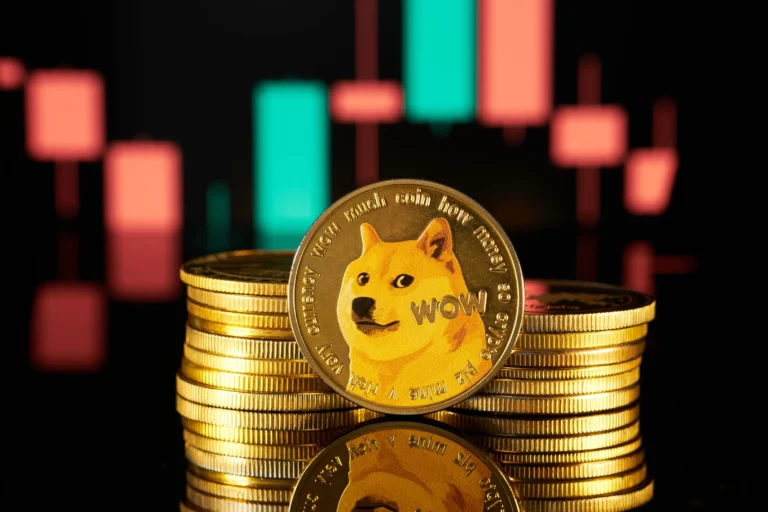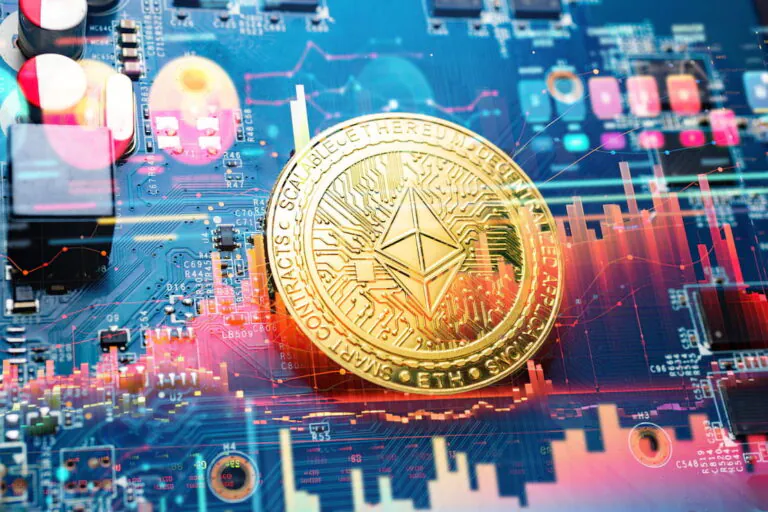Dogecoin (DOGE) with the image of a Shiba Inu dog called Kabosu as its logo, is one of the most popular and successful memecoins. It is considered an altcoin and was launched in December 2013.

“Lost wealth” or “The history of forever lost wallets”
The approximate amount of bitcoins mined to date is approximately 18 million coins worldwide. An impressive amount, but if you consider that there are about 7 billion people in the world, then not so much. There are many bitcoin multimillionaires in the world, meaning that the equivalent of cashing out the state of their cryptocurrency exceeds more than one million dollars.
Even beginners in the cryptosphere already know that any cryptocurrency is stored on electronic wallets, and access to them is possible through private passwords, multi-factor authentication and several stages that prevent hacking. In some systems, security will be better than the ability to get into a bank account. But this is the case now, and there were times when bitcoin was just appearing, and access to an electronic wallet was no different from access to e-mail. Remember how many e-mail boxes you had that were hopelessly forgotten and access to them was forever lost. So with electronic wallets, everything was much more intense.
In the years when the crypto industry had just begun its formation in 2008, Bitcoin was one of the first currencies created, and the attitude towards this technology was at the level of an experiment, that is, a temporary phenomenon. Bitcoin did not have the function of a payment instrument, no one took it seriously, and did not even perceive it for money. The first blocks of cryptocurrency mined with a face value of 50 coins at once were mined in a narrow circle of enthusiasts, who, in fact, can be considered co-authors of the crypto industry. The status of such coins was equated to virtual money of the gaming industry and had no value. For example, if someone has come across games in which you have coins for completing certain levels, for which you can then purchase various improvements for your character in the game, then bitcoin was considered exactly such coins. Now almost every game has such internal money, and a personal account in the game can be replenished by buying such coins for real money. Bitcoin was something similar at one time, only outside the framework of the game.
To exchange bitcoin for something tangible was not only a problem, but almost impossible. To do this, it was necessary to find someone who needed bitcoins in order to complete a transaction, and there were very few of those at that time. In the world of material things, bitcoin has long remained an abstraction, and today, movable and immovable property is sold and bought for bitcoins, and in some cases they are sold exclusively for bitcoins. All this happened thanks to one case when the purchase of two pizzas by programmer Laszlo Hanes for 10,000 BTC turned Bitcoin into a means of payment, and if this happened at the peak of the highest price in the history of Bitcoin, the cost would be approximately $ 200 million. It seems that at any time two pizzas worth $200 million will seem too expensive.
But at the time of making the first payment through bitcoin, 10 thousand coins cost a couple of three cents, and the attitude towards this currency was just as insignificant. And with such an attitude, private passwords were massively lost, forgotten, and in some cases even deliberately simply not recovered, as well as mailboxes that were blocked due to non-use for a long time. Many accesses remained on hard drives, and were disposed of along with the device. In some cases, technological progress has also made many devices responsible for storing valuable information obsolete. Erroneous transactions on incorrect wallets also burned some of the bitcoin coins.
Using the registry, you can find a public bitcoin address, but no one will remember the lost passwords, since the blockchain technology on which bitcoin was implemented is completely decentralized and is not controlled or managed by anyone, and the lost devices on which the private keys were stored are already most likely were recycled and turned into paper clips. Therefore, you can safely be sure that for more than a decade since the birth of the crypto-industry, every paperclip contains the very lost part of bitcoin, which was once cheaper than the cost of manufacturing such a paperclip, and today is in the top of the most expensive cryptocurrencies around the world.
Start your crypto exchange with Coin24

Exchange BTC, ETH, USDT and more — cash or card

Secure and fast crypto exchange since 2018



